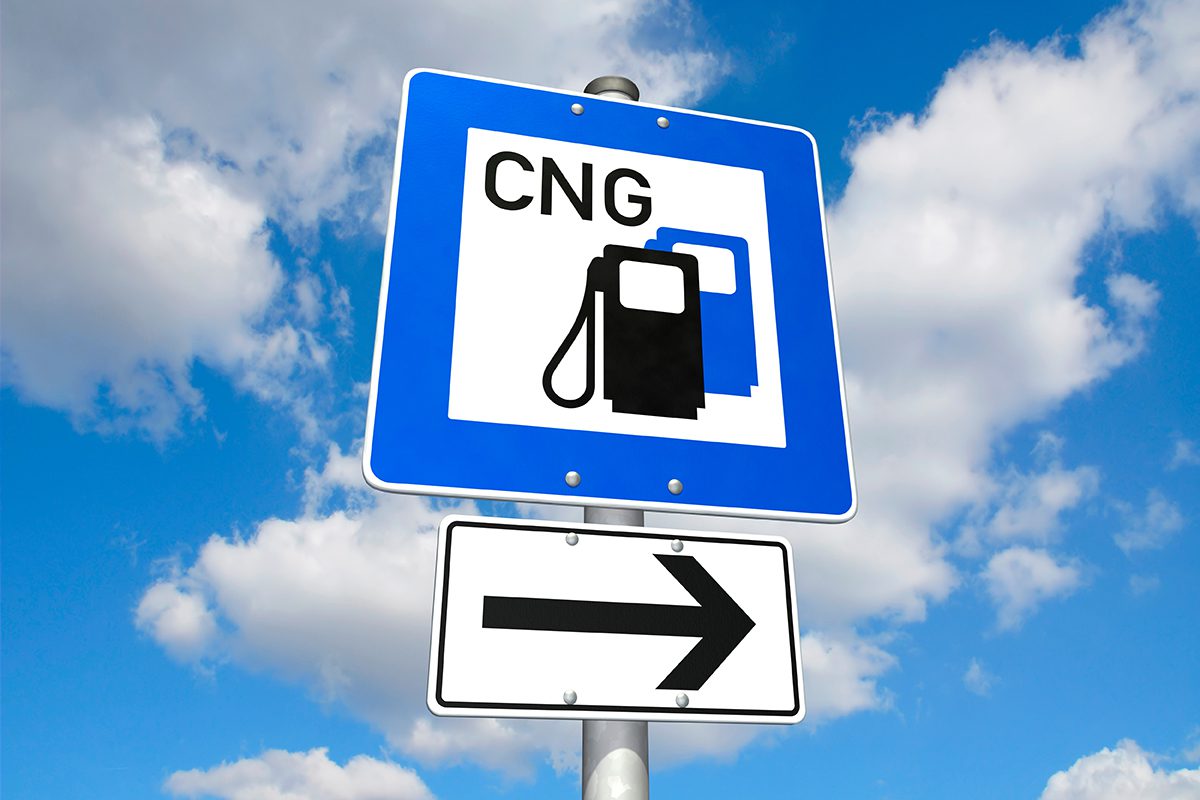The Biden White House took an enormous step with the decision to ban imports of Russian oil in response to that nation’s ongoing savage attack upon Ukraine. In doing so, it set a precedent that standing up to tyrants is more important than economic convenience.
Few Americans today likely oppose the move given the national sentiment towards the Russian invasion of Ukraine, even though it means they are paying more at the pump. Unfortunately, higher energy prices are already leading to higher costs for other goods and services, adding to existing inflationary pressures.
Relying on the American natural gas industry for trucking fleets of all sizes can make a huge impact in our long-term independence from foreign fuel.
A key focus of the Biden Administration has been on alternative forms of energy to our reliance on oil, with a particular emphasis on battery-electric vehicles. While electric vehicles are certainly a way to alleviate pressure generated by light-duty vehicles or passenger cars, electric options are not yet fully viable for some of the sectors needed to keep our supply chain humming.
Domestically, we have options outside of electric vehicles, so if we want to truly address situations like the crisis at hand, it’s critical that we don’t exclude any possibilities. In this case, relying on the American natural gas industry for trucking fleets of all sizes can make a huge impact in our long-term independence from foreign fuel while also helping us reach carbon goals set by the current administration.
Natural gas vehicles of every size and application exist, employed by dozens of popular brands and fleets on U.S. roadways today. They rely on an established refueling infrastructure supported by a vast and resilient nationwide transmission system with great capacity, so scaling up to the level that we need will be a reasonable task to accomplish.
Most natural gas motor fuel dispensed in the U.S. today is renewable and thus ultra-low carbon to carbon-negative.
A concern often raised when discussing natural gas is its effect on the environment. However, when natural gas vehicles are fueled from renewable sources, a carbon-negative outcome can be achieved. Renewable natural gas, or RNG, pulls methane from landfills, wastewater, and agricultural and food waste, diverting it from the environment.
A majority of the natural gas motor fuel dispensed in the U.S. today is renewable and thus ultra-low carbon to carbon-negative. It is an evolving, inclusive, long-term, no regret transportation solution with immediate impact. Fueling with RNG, fleets don’t just avoid emissions, they actively remove them from the environment, supporting the transition to a circular, carbon-neutral economy.
Especially in the context of energy independence and supporting American workers, to put it plainly, natural gas has a lot of benefits for the U.S. Our country holds an almost limitless supply of natural gas, with 34 states producing conventional, or geologic, natural gas and every U.S. state having the potential to produce renewable natural gas which could lead to more American jobs. In 2021, RNG production alone contributed 22,600 jobs and $2.6 billion in GDP to the U.S. economy, while achieving $5.4 billion in total business sales.
The situation in Ukraine has been a catalyst for a lot of realizations about how we approach maintaining a stable economy in a world reeling from geopolitical conflict. Let’s use this as an opportunity to push towards energy independence using the resources and infrastructure we’ve already begun creating. Natural gas will serve as an efficient and effective way to solve the current crisis and avert any potential issues in the future.


